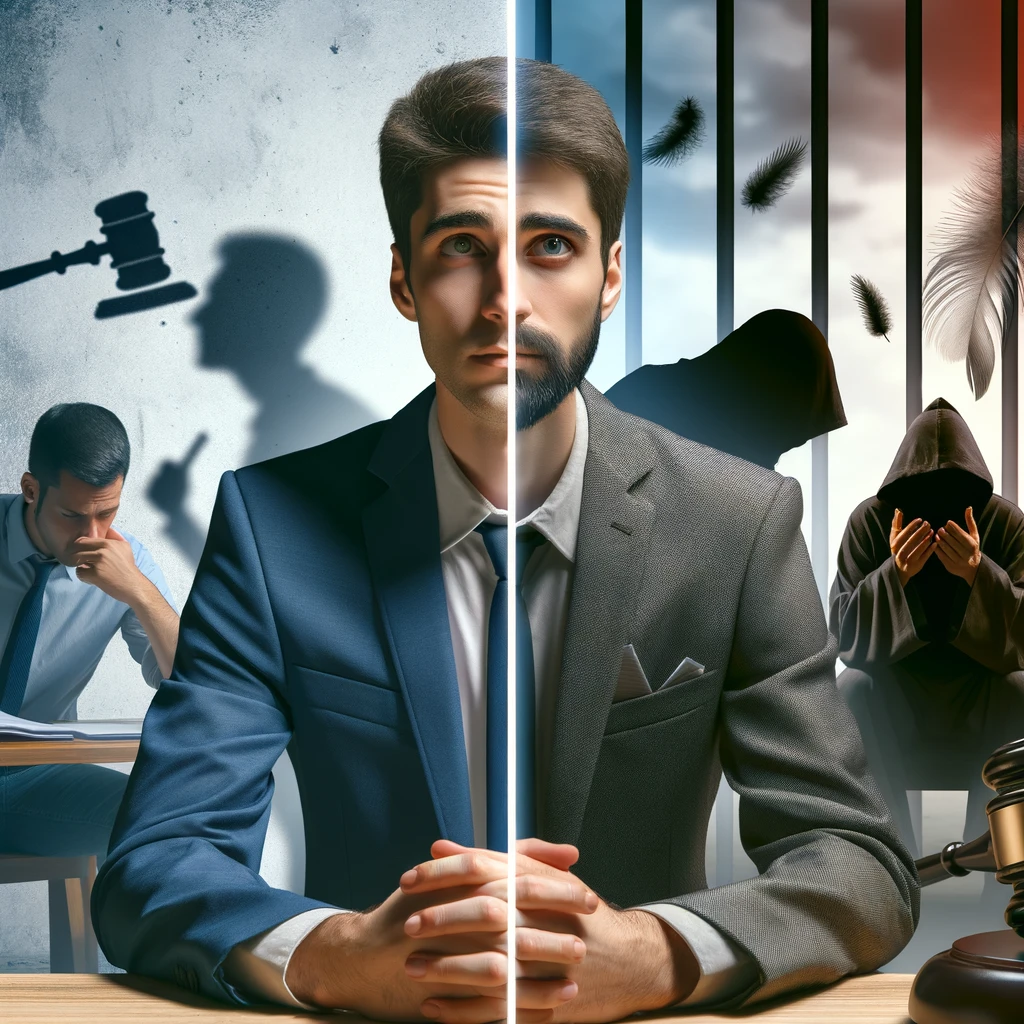Misdemeanor convictions, despite being considered relatively minor offenses, can have far-reaching and long-lasting impacts on an individual’s life. While felony convictions are widely recognized for their severe consequences, the hidden impact of misdemeanors is often underestimated. As a criminal defense attorney, I want to shed light on these issues to help you understand the potential implications and how I can assist you.
Understanding Misdemeanors and Felonies
Before delving into the impacts of misdemeanor convictions, it’s important to understand what misdemeanors are and how they differ from felonies.
What are Misdemeanors?
Misdemeanors are criminal offenses that are generally considered less severe than felonies. They are punishable by less severe penalties, which typically include fines, community service, probation, or jail time of less than one year. Common examples of misdemeanors include petty theft, disorderly conduct, simple assault, and minor drug offenses.
How Do Misdemeanors Differ from Felonies?
Felonies are more serious criminal offenses and carry harsher penalties. These can include imprisonment for more than one year, significant fines, and long-term consequences such as loss of voting rights or professional licenses. Examples of felonies include murder, rape, burglary, and serious drug offenses.
While misdemeanors are seen as minor compared to felonies, they can still have substantial and long-lasting effects on an individual’s life, as we will explore below.
Employment Opportunities
A misdemeanor conviction can significantly hinder employment prospects, even for seemingly minor offenses. Many employers conduct background checks, and a criminal record, even for a misdemeanor, can be a deterrent to hiring. Certain industries, such as healthcare, education, and law enforcement, may legally prohibit the hiring of individuals with specific types of misdemeanor convictions, such as drug possession or domestic violence.
In a competitive job market, a misdemeanor conviction can place an individual at a distinct disadvantage. Employers often have a large pool of candidates to choose from, and a criminal record can be an easy way to eliminate a potential hire from consideration. This discrimination can lead to prolonged unemployment or underemployment, which has a cascading effect on financial stability and career growth.
Housing
Access to safe and stable housing can also be compromised by a misdemeanor conviction. Landlords often conduct background checks, and a criminal record may lead to denial of rental applications or eviction from current housing. This can perpetuate a cycle of instability and make it challenging for individuals to secure a stable living situation.
Housing instability can have numerous negative consequences, including difficulty maintaining employment, poor health outcomes, and disruptions to family life. The inability to secure stable housing due to a misdemeanor conviction exacerbates the challenges faced by those already struggling to find a foothold in society.
Immigration Status
For non-citizens, even a minor misdemeanor conviction can have severe consequences regarding their immigration status. Certain misdemeanor offenses, such as domestic violence or drug-related crimes, can potentially lead to deportation proceedings or render an individual ineligible for citizenship or legal permanent residency.
The immigration system’s harsh stance on criminal convictions, including misdemeanors, means that non-citizens must navigate additional layers of complexity and fear. The threat of deportation or the inability to secure legal status can have devastating effects on individuals and their families, who may be torn apart due to a minor criminal offense.
Collateral Consequences
Beyond the direct impacts, misdemeanor convictions often carry collateral consequences that can profoundly affect an individual’s life. These can include loss of child custody, ineligibility for public services or student loans, barriers to obtaining professional licenses, and increased likelihood of future arrests or longer sentences for subsequent offenses.
The ripple effect of a misdemeanor conviction extends into nearly every aspect of a person’s life, creating barriers to reintegration and rehabilitation. These collateral consequences can perpetuate cycles of poverty, instability, and marginalization, making it exceedingly difficult for individuals to rebuild their lives post-conviction.
How I Can Help
As an experienced criminal defense attorney, I understand the severe and often hidden impacts of misdemeanor convictions. My goal is to provide the best possible defense to help mitigate these consequences. Whether you are facing charges or seeking to clear your record, I can offer guidance and representation tailored to your unique situation.
Conclusion
Understanding the hidden impact of misdemeanor convictions is vital in fostering a more equitable and just society. By acknowledging the significant barriers these convictions create and working towards comprehensive reforms, we can help ensure that individuals are not unduly punished for minor offenses and have the opportunity to rebuild their lives.
If you or someone you know is dealing with the repercussions of a misdemeanor conviction, contact my office to schedule a consultation. Together, we can navigate the complexities of the legal system and work towards a brighter future.

